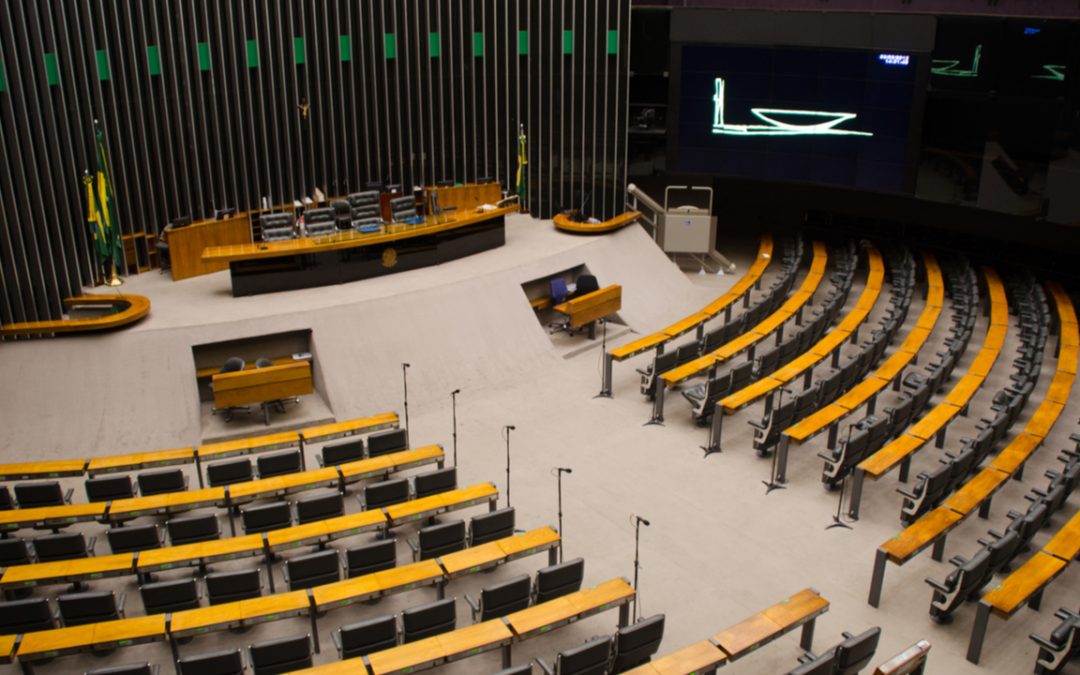A law project introduced in June in the National Congress of Brazil has jumped into the spotlight recently because it establishes a fixed period for the executive to start regulating cryptocurrency transactions. If approved, the proposal will establish the payment of taxes for cryptocurrency-based transactions. The project is being reviewed by the Chamber of Deputies and will have to be analyzed conclusively by the Finance and Taxation Committee.
Cryptocurrency Transactions to Be Regulated in Brazil
A law project proposal, Bill 2140/21, that was introduced to the Chamber of Deputies of Brazil in June, is now in the spotlight because it establishes a fixed period for the regulation of cryptocurrency transactions for the executive branch of the government. If approved, it would give a time limit of 180 days to devise all the necessary structures to regulate cryptocurrency transactions in an effective way. The project was presented by the deputy Alexandre Frota, part of the Partido de la Social Democracia Brasileña (PSDB).
Frota states that the absence of clear regulation for cryptocurrencies puts investors and the traditional financial system at risk, as crypto can aid in getting funds out of the country with no supervision. Frota declared:
With private and public banks, it is necessary to have rigorous regulation and inspection so that the population will not be deceived with promises of high individual profits, which has already happened to a great extent.
Brazil has been a country known for its crime associated with crypto-related scams in the last few years. The state has been fast to act when it comes to stopping these schemes, organizing several operations to shut down and arrest those responsible for illegal cryptocurrency-related activity over the last few months.
if (!window.GrowJs) { (function () { var s = document.createElement(‘script’); s.async = true; s.type=”text/javascript”; s.src=”https://bitcoinads.growadvertising.com/adserve/app”; var n = document.getElementsByTagName(“script”)[0]; n.parentNode.insertBefore(s, n); }()); } var GrowJs = GrowJs || {}; GrowJs.ads = GrowJs.ads || []; GrowJs.ads.push({ node: document.currentScript.parentElement, handler: function (node) { var banner = GrowJs.createBanner(node, 31, [300, 250], null, []); GrowJs.showBanner(banner.index); } });
Taxes Could Be Coming
Another important part of the project states that operations carried out abroad must be scrutinized according to the same rules applied to banks, including taxation norms. However, it is still unclear how this might be carried out, due to the nature of cryptocurrency transactions. This issue is currently being tackled by a special committee of the Chamber of Deputies.
However, Brazil is very much open to the issuance of a central bank digital currency. The Central Bank of Brazil is researching the creation of a Digital Real and debating if there is really a demand for such an instrument from the Brazilian population.
What do you think about regulating and taxing cryptocurrency transactions? Tell us in the comments section below.














